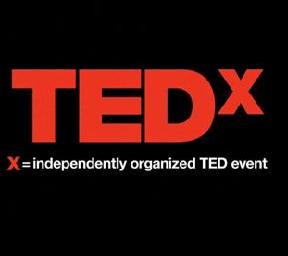Nov 6, 2010 - TEDxGreatPacificGarbagePatch
- wallacejnichols
- Nov. 6, 2010
6 November 2010
Four Challenges
1. To Individuals and Businesses – REFUSE disposable plastics:
- These objects, created to be used for only a few moments, stay with us forever at a tremendous cost to the planet and the environment.
2. To Manufacturers of Virgin Resin Product; To Manufacturers of Plastic Packaging and To Manufacturers of Plastic Products:
(Watch Wallace “J” Nichols deliver the challenge from the floor of TEDxGreatPacificGarbagePatch)
-
We challenge you to accept a voluntary cap on non-biodegradable product, and to begin investing resources into developing a new generation plastic product – plant-based, non-toxic in any stage of its existence, biodegradable.
-
We challenge you to own the responsibility of your product till the very end. The packaging you choose to for your products is your responsibility, not the buyer’s.
-
We challenge you to rethink design of products – to reduce both carbon footprint and plastic footprint of your goods shipped around the world.
3. To Policy-Makers and Political Leaders around the globe:
-
We challenge you to adopt and support policies that support individuals and businesses in their efforts to eliminate disposable plastics. Adopt policies that create economic incentives for businesses who reduce their plastic footprint.
4. To All Nations Threatened by Plastic Pollution:
-
We challenge you to come together and form a union against the onslaught of plastic to your environment, economic wellbeing and public health.
REFUSE
Single-use plastics and disposable plastics are some of the greatest sources of plastic pollution.
Follow the “4 Rs” of sustainable living: Refuse, Reduce, Reuse, Recycle. REFUSE single-use plastics today!
-
Refuse
Just say NO to single-use and disposable plastics! -
Reduce
Reduce waste: buy in bulk, choose products with the least packaging, look for products and packaging made from renewable resources, and avoid plastic packaging and containers. Choose products that have the least amount of disposable parts, like razors with replaceable blades and toothbrushes with replaceable brushes. -
Reuse
Reuse preferably nontoxic (glass, stainless steel) containers and goods to make less waste. Bad habits are disposable, containers are reusable. -
Recycle
Recycle what you can’t refuse, reduce or reuse. Recycling is a last option because it uses energy, and there may not be a market for the refabricated materials.
